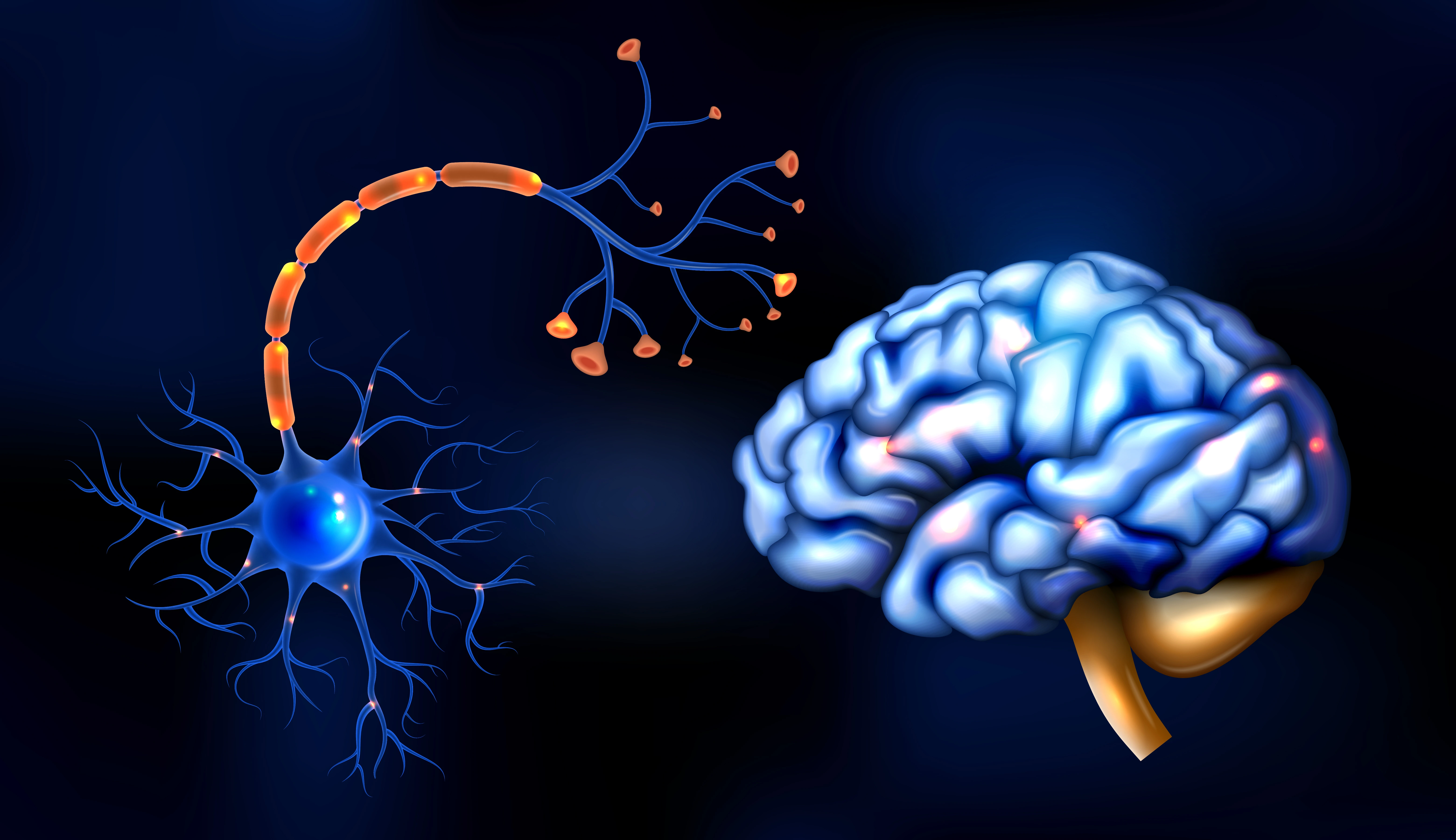Pain is a universal feeling that we all deal with at one point of time or another when we deal with life. It could be acute or chronic- depending on how often you get it. Some common examples of bothersome pain include migraines, stomach aches, menstrual cramps, or even daily body aches we associate with ageing or wear and tear of joints and bones. Most of us are fortunate enough to deal with pain for just a few days or weeks and then we get better. But, when pain lasts for longer than 3 months, then it is classified as chronic pain, which leads to the need for expensive palliative care, physical therapy and even affects general productivity too.Let us look at some well known and burdensome examples like arthritis, neuropathy, chronic migraines in greater detail.
Chronic Pain Is A Continual Bane On Our Existence
The thing about chronic pain- it comes and goes, or may be there all the time. So, this means you cannot participate in daily activities or stick to your favourite routine, without this constant nagging in the background. Chronic pain disorders can cause this condition called the ‘terrible triad’- physical pain leading to mental depression and high levels of irritability. This is like the beginning of a terrible movie with a bad ending- it just gets worse, and you don’t have the strength or wherewithal to understand how to feel better. Some people will do anything to be pain free- like getting unnecessary surgeries, high drug dependency or will go out on a quest to ‘get normal’.
Arthritis is one such example, but there are so many others- pain from cancer, scar tissue associated pain, fibromyalgia, neurological disorders, or it may also be idiopathic- this is just a fancy term to say that the cause remains unknown. There are multiple terms you could use to describe your pain, and the intensity on a scale of 0-10. Some terms used to describe pain include- shooting, burning sensation, sharp, sting-like, throbbing, etc. This can affect sleep quality, your ability to finish your chores or work and cause severe mood swings.
The cause for chronic pain needs to be diagnosed, and multiple methods are utilised- blood work, imaging, nerve conduction studies, urine tests, reflex or balance tests, spinal tap etc. The medication given depends on the kind of pain you have, the severity and how often you get it. There are many options available to treat pain- in the form of different kinds of drugs. But there is also a catch- too much drug dependence can cause drug insensitivity and even cause liver and kidney failure. Drugs used to manage pain can change your mood too.
Current Treatment Approaches
The good thing now is the availability of different kinds of therapy. Let us look at what they are-
- Counselling - Talking to a therapist about your worries can significantly reduce overthinking and pain- associated with psychogenic pain especially.
- Physical therapy for arthritis and other related disorders can help reduce pain and improve range of joint function.
- Occupational therapy after a traumatic injury can help you get back to life, while making sensible changes to your daily routine, and also helping you manage your expectations.
- Cognitive Behavioural Therapy (CBT) - A therapist will help you come up with different coping mechanisms, and force you to reprogram how your brain processes pain. This is done by some neural reprogramming related exercises.
- Acupuncture or acupressure
- Reiki
- Hypnosis or hypnotherapy
- Guided meditation
- Aromatherapy
- Music or art therapy
Conclusion
Chronic pain needs to be managed, as there is no sure fire cure available at present. There are so many reasons why you can get pain- genetic predisposition, age, a job which involves a lot of physical effort, stress or even smoking. Making some long lasting changes to your lifestyle is one of the main ways to ensure you can reduce the intensity of pain you feel. This is because physical pain can worsen if you are depressed.



